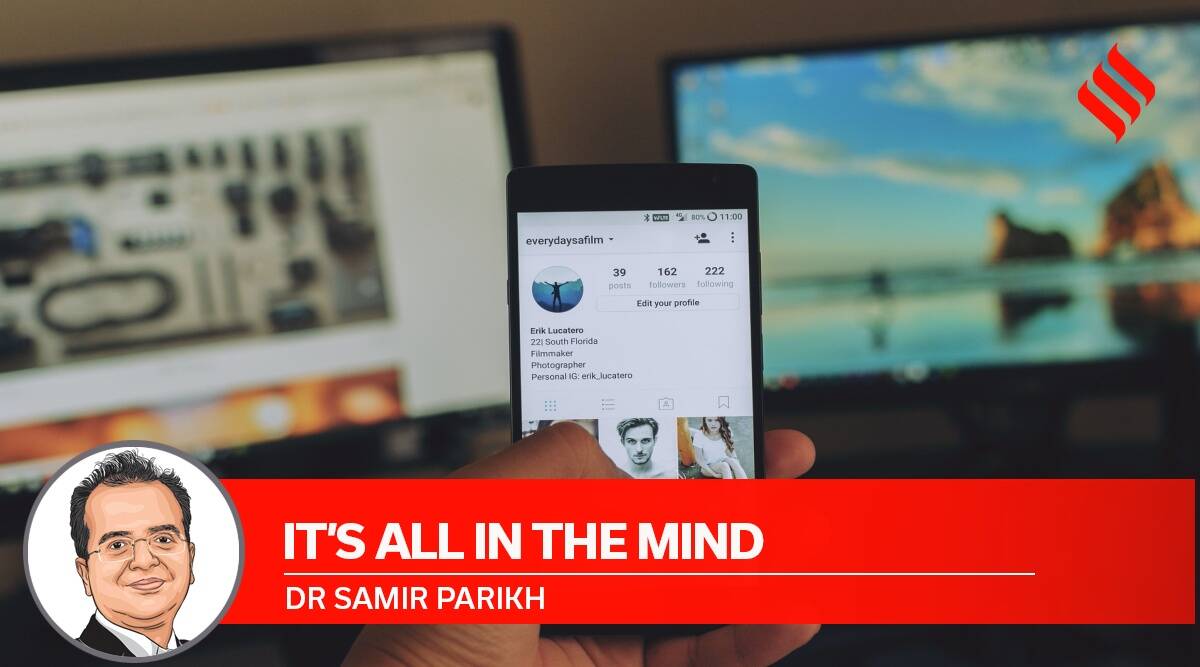How to do a digital detox without unplugging completely
06 September, 2022

J was a chirpy 14-year-old, a class topper who excelled in extra-curricular activities as well. He was the ideal example of a teen with healthy habits. Yet a few months before coming into my consultation room, J started dropping grades, spent more time indoors and gradually became aloof from his family and friends. As competitive as he was, he felt exhausted during study time and was unable to complete his homework. So what happened to a boy who was seen as setting an example among peers? He had gotten addicted to his devices, something which began as a pastime and a study tool. Soon gadgets served his every purpose, from studies, to games and group chats with friends. And consumed him completely. That is when his parents decided to consult a healthcare professional to seek medical guidance for his increasing dependence on gadgets.
J needed an intervention to realign with life beyond the digital interface. Step-by-step, he began learning the importance of doing one thing at a time to improve focus and concentration. The weaning off was gradual, so that he could realise the importance of a balanced life. He then learnt to ensure a right mix of indoor and outdoor activities along with a pleasant social life.
Digital detox or a switch-off from the digital interface is increasingly becoming necessary with school children and adults alike spending more time on gadgets with every passing day. The dependence is huge as devices and information do help in work and studies while they offer enough games and entertainment to destress and relax after hours. This over-dependence on technology affects every aspect of their well-being.
Over the past few years, I have seen more and more people reach out to me to avoid digital interference. The increasing dependence on digital technology not only affects you in your teens, it can also turn life upside down for adults. Take the example of B. He began browsing social media, the internet, watching streaming shows and playing online games after work or while travelling home. A slow-burn addict, he started stealing time during office hours to scroll the many apps on his home page. Then B started making careless mistakes because of parallel scrolling and being constantly worried about missing out a notification. The result: Shoddy work, a static, sedentary lifestyle and a dip in relationships.
Increased digital dependence not only works negatively on your physical and mental health, but your social well-being as well. A text or a social media message cannot substitute real-time conversations and meetings. Be it a student or a working professional, the need for a balanced life and the desire to perform well in every area of life is universal. However, this strong urge to excel gets disrupted with the over-involvement with digital interface in our daily routine.
So how does one balance the real and the virtual? Set time slots for your outdoor — physical and social activities — and indoor activities — your activities related to the digital interface. This way you can balance your life better. Your social life, meeting people, family, friends should never be compromised because you prefer to do something on the phone or on the computer. So allocating time slots helps you prioritise both. Limiting your online time can be easy if you can take time out for activities that matter to you.
You can limit screen time in two ways. First, measure your digital engagement in a given time frame. Second, decide what is the total interface you are okay with. If all of you draw up a plan of how many hours you are okay with and compare that with the number of needless hours you are scrolling, you’ll realise the difference. Also, begin with what works for you as an individual. So you can develop a diversionary activity, be it art, plants, pets, or any other pursuit that you had thought about but never implemented.
And last but not the least — here’s a challenge for everybody reading this column — how about trying to unplug yourself for four hours in a row? That’s a small little dare for you and you need to prove it to yourself that you can do it. And if you can’t, aren’t you in need of a digital detox right now?
Source: indianexpress.com
TAG(s):
